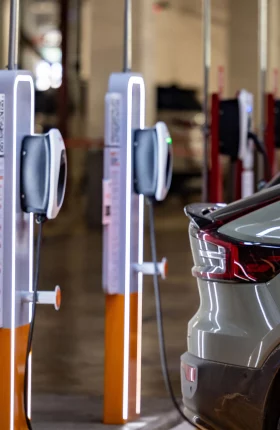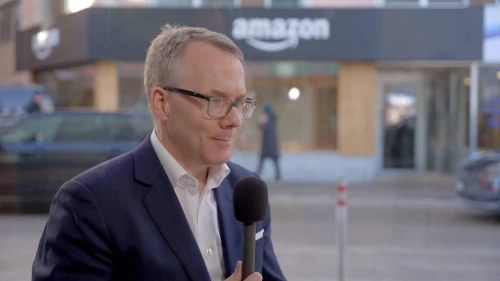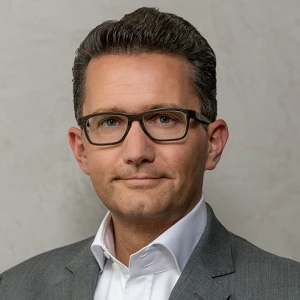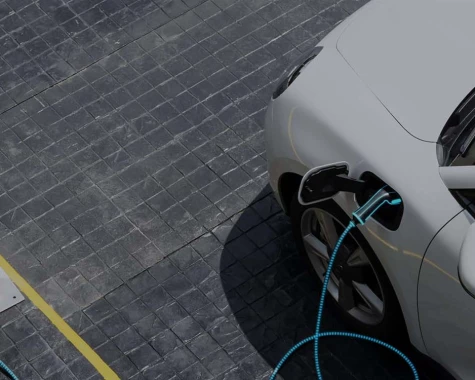We partner with cities around the world to solve urban mobility problems. BCG works with automotive industry clients and providers of emerging mobility technologies to help shape mobility solutions for people and goods, bring them to market, and embed them in cities’ mobility strategies.
Around the world, urban mobility problems contribute to pollution, safety concerns, and disparities in job, health care, and education access. To solve these problems, mobility strategies must integrate with a host of emerging mobility technologies, be customized to a locale, and account for such key factors as population density, public transport options, and street network type.
Urban Mobility Faces Many Challenges
Connected vehicles will account for 100% of the market by 2035
Automobile manufacturing is moving from a focus on hardware to one on software. This means that cars will operate more like smartphones, providing over-the-air connectivity, guidance, and upgradability and boosting productivity for travelers.
Autonomous cars will emerge in the next 15 years, with high-driving (level 4) automation featured on 10% of new cars sold in 2035
Self-driving cars and robotaxis—in the form of shared, autonomous, electric vehicles and autonomous mobility on demand—promise to help unlock discretionary income and overcome pollution, parking, and safety issues.
Shared mobility offerings will account for 15% of urban trips by 2035
Shared mobility includes ride-pooling and ride-hailing apps, car sharing, and micromobility with e-scooters and bicycles. It is most fully achieved by mobility as a service approaches and apps that allow users to plan, book, and pay for the best point-to-point travel across modes.
Electric vehicles will account for 35% of new car sales in 2035
Electrified vehicles (EVs) are gaining viability as solutions that tackle the pollution problem head on. Industry investments are expanding the range of EVs by boosting the power and reducing the cost of electric batteries and by improving the charging infrastructure and experience.
Our Clients’ Success in Mobility

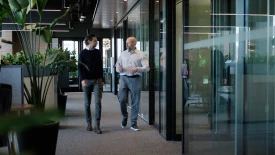
Our Tools and Simulations for the Future of Mobility
Profit Pool Insights on Mobility and MaaS
Profit Pool Insights on Mobility and MaaS
Urban Mobility Accelerator
Urban Mobility Accelerator
Economic and Maturity Assessment of Shared Autonomous Mobility
Economic and Maturity Assessment of Shared Autonomous Mobility
Market Forecasting and Infrastructure Analysis on the EV Battery and Charging Markets
Market Forecasting and Infrastructure Analysis on the EV Battery and Charging Markets
Our Mobility Industry Partners and Centers of Excellence
BCG is proud to partner with our clients, specialty partners, and with other organizations seeking to advance mobility solutions, including:
World Economic Forum: We participate in the forum’s Global Autonomous and Urban Mobility Council, which seeks to shape the development and application of emerging mobility technologies for the benefit of humanity. BCG has partnered with the World Economic Forum on urban mobility since 2013.
- StreetLight Data: BCG’s partnership with StreetLight focuses on helping cities prepare to adopt micromobility and autonomous mobility. Using StreetLight’s big-data resources, we develop strategies for deploying these new offerings at scale and design services around them.
- University of St. Gallen: Our joint study simulated transportation conditions across five urban archetypes, drawing on an extensive analysis of cities across the globe and modeling 1.7 billion trips. We interviewed more than 30 experts on the key success factors and roadblocks facing intermodal and autonomous mobility as well as micromobility.
- BCG X: Our tech build and design division, and an important partner in our mobility consulting work. BCG X partners with our mobility consulting teams on advanced behavioral analysis, IT implementations, and corporate innovation.
- BCG BrightHouse: BCG BrightHouse works with companies to uncover and articulate the larger “why” behind an organization’s purpose. From there, we can create elevated mobility solutions that drive impact.
- BCG’s Center for Mobility Innovation: The center’s expertise ecosystem includes startups, think tanks, and implementers. Our coverage spans intermodal platforms, cars reimagined through Industry 4.0, mobility services, public transport, logistics services, and smart infrastructure.
Explore Our Insights on Mobility
